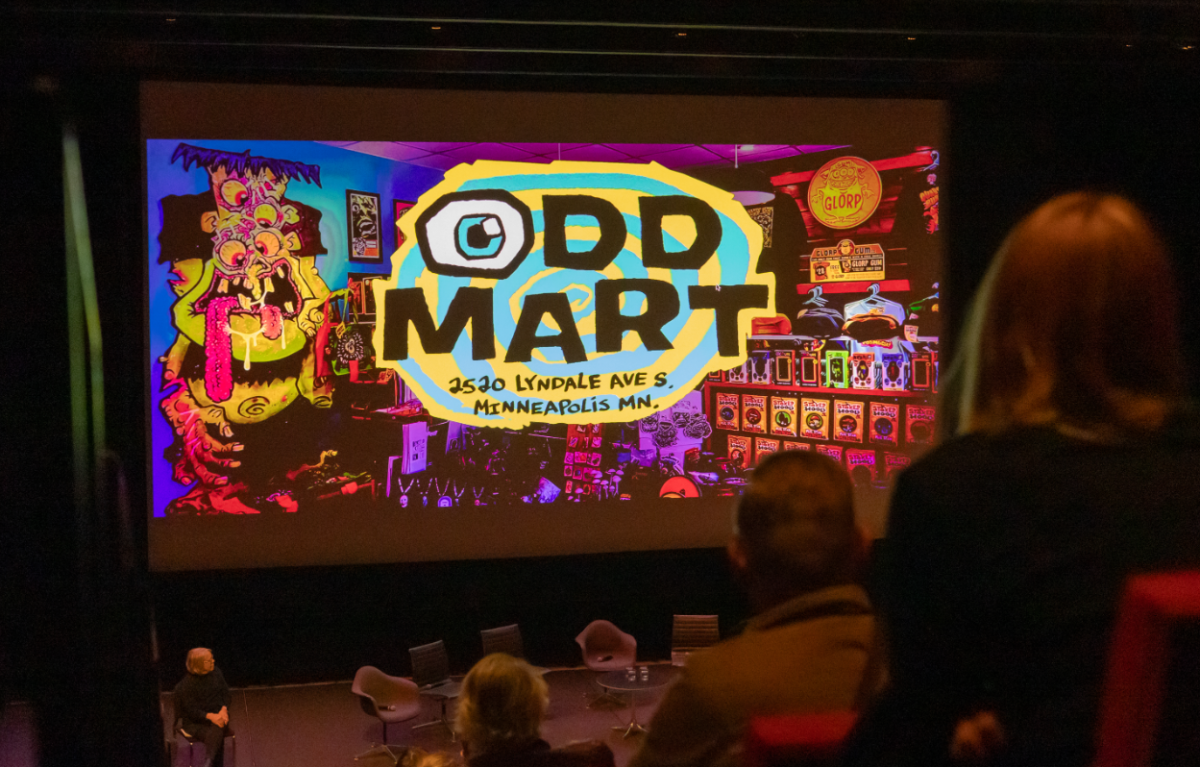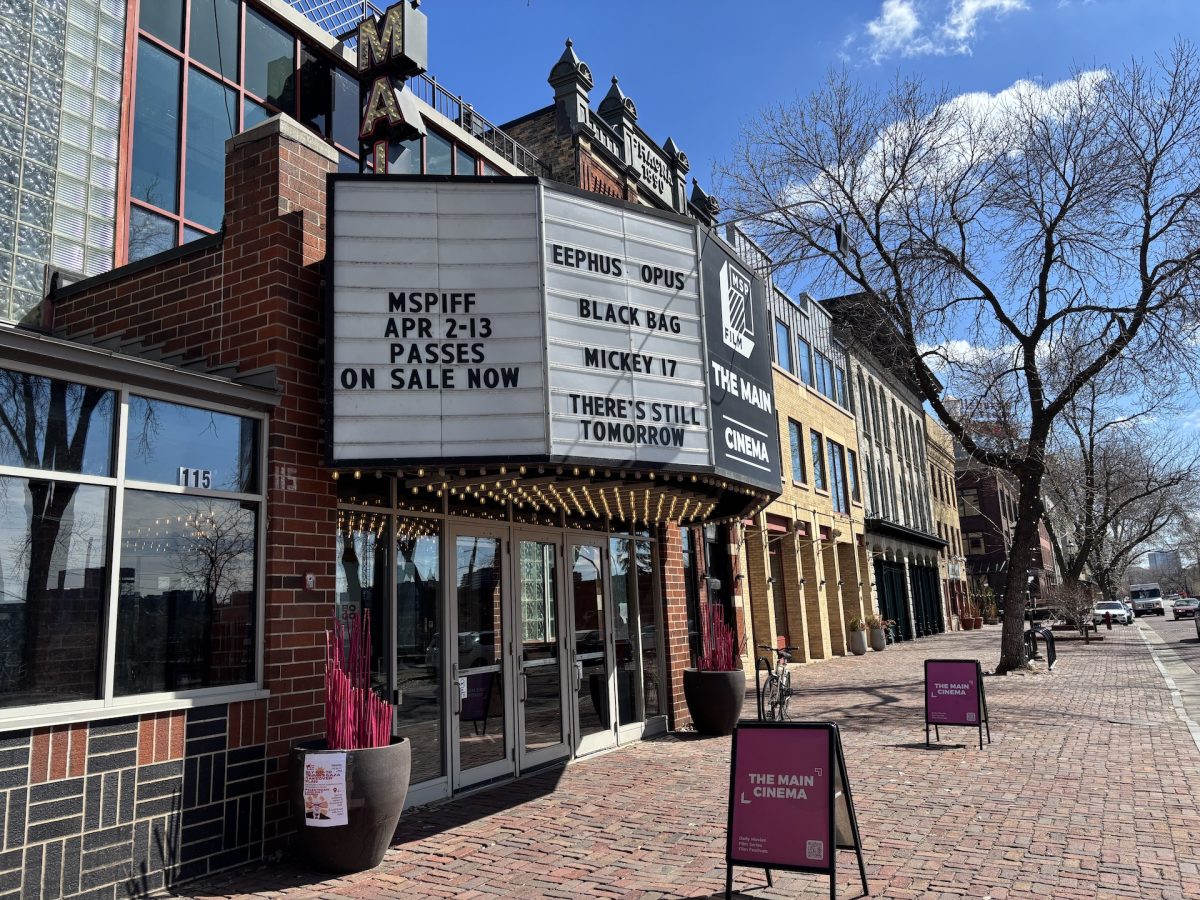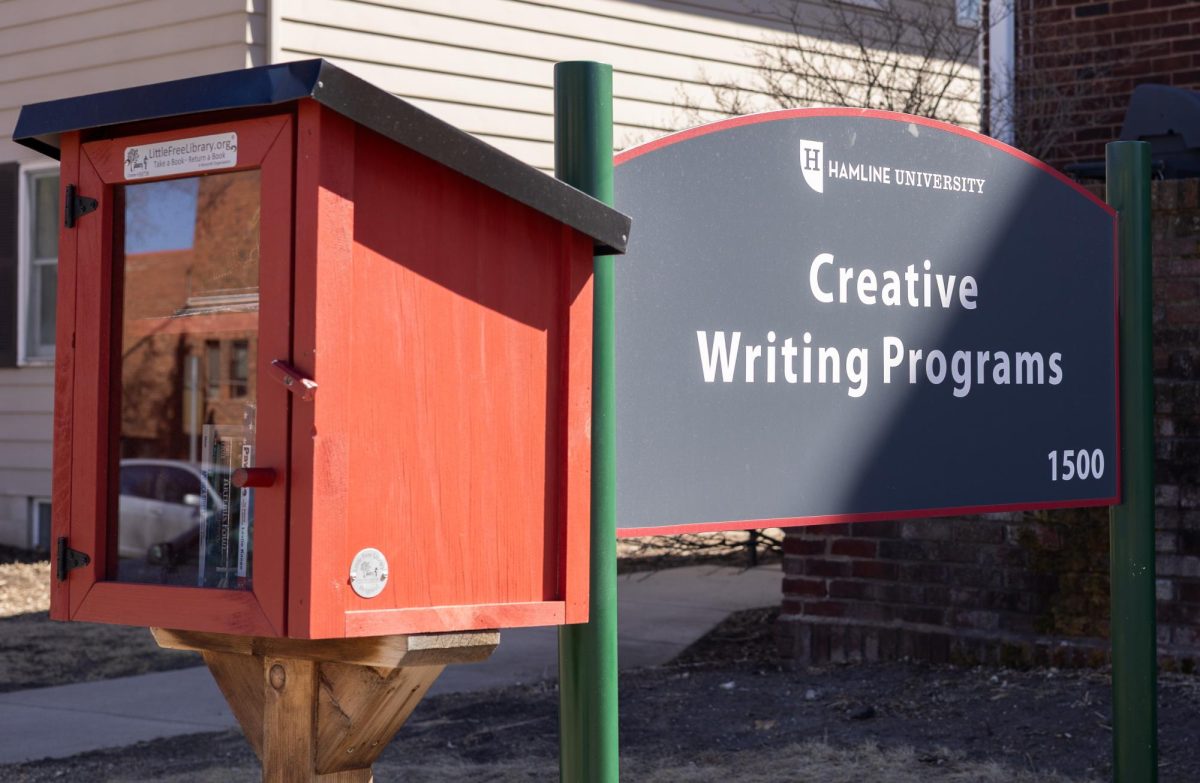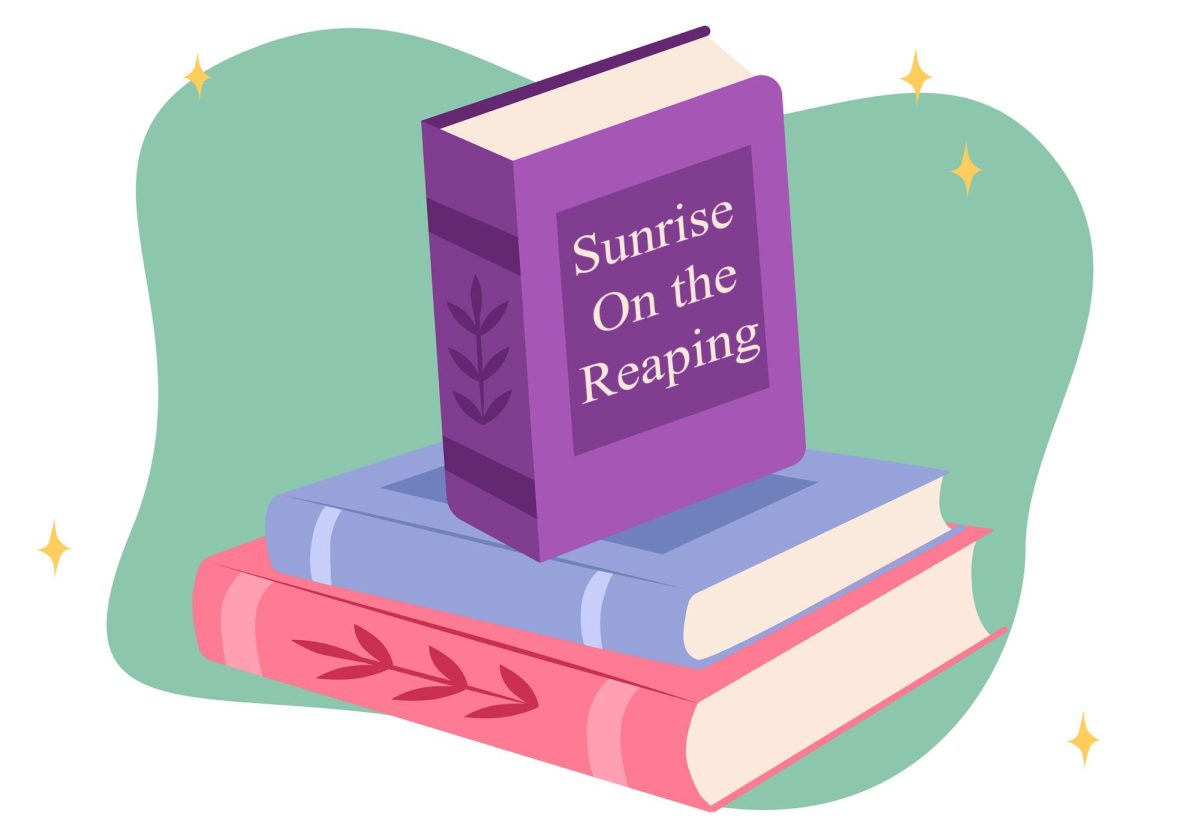As a prominent scholar of African-American history, Henry Louis Gates Jr. is one of modern academia’s most laborious and thought-provoking minds and in his 40-year career, he doesn’t seem to have lost any of his momentum.
But in more recent years Gates has wandered outside the classroom. He’s partnered with PBS to produce a slew of series including “Faces of America” and “African American Lives” Gates is devoted to exploring the ancestry of famous Americans that include Chris Rock, Meryl Streep and Stephen Colbert, with the help of recent advancements in the field of genetics.
A&E caught up with the Harvard University professor to talk about his new show, “Finding Your Roots,” his obsession with genealogy and what keeps him going at the age of 61.
What: “Finding Your Roots”
When: 7 p.m., Sundays, March 25 – May 20
Network: PBS
What was your criteria for picking guests in this series?
Well, I picked the guest in this series with my producers but as executive producer, I have final say. And the people I admire, or people I want to meet, people I’m intrigued by — people like Margaret Cho or Sanjay Gupta or Wanda Sykes or Condi Rice, some of them are people I knew already. Condi Rice is a friend, Barbara Walters is a friend. I admire Martha Stewart. Harry Connick Jr. is the blackest white man I know so I wanted to do his DNA [laughs].
Growing up, were you raised in a household that encouraged you to learn about your ancestry?
No, that’s a good story. I got interested in genealogy when I was 9 years old. And I even know the date. It was July 3, 1960, because that’s the date we buried my father’s father, Edward St. Lawrence Gates. I was holding my father’s hand, standing in front of my grandfather’s casket and looking at how utterly white he was. I mean, he looked like a ghost. When he was alive we called him Casper behind his back [laughs]. So you can imagine how white he looked dead. He looked like he had been coated with alabaster and sprinkled with baby powder. It fascinated and intrigued me and I wanted to find out where he came from. And later that day, my father showed us a photograph of the oldest Gates — a woman named Jane Gates, my great great grandmother who was a slave. She was born in 1819 and she died in 1888.
So the next day on the Fourth of July I got a composition book and I interviewed my parents about who their mothers were, their fathers and how far they could go back and they could both go back to their great grandparents. And I was obsessed for the rest of my life. I’m 61 and I didn’t give up the passion for finding out about my own ancestors and after 1977, what’s the biggest thing in the world happening in 1977 that was “Roots.” You could say I have a bad case of “Roots” envy since 1977. I wanted to be like Alex Haley and find out where my ancestors were in Africa and be able to trace them back to the slave ship they came on. But you know, no one could do that. But in the year 2000 a geneticist and he said you could trace your tribal origins in Africa through your DNA. And he flew out to Cambridge and took a blood sample and the rest is history.
I woke up in the middle of the night and I realized we could combine these two passions of tracing my family tree and this new science of DNA.
I found it interesting how crucial of a role technology plays in the show. There’s only so much you can get through with just paper trail.
Yeah, the difference is if you’re descended from kings in Europe, your paper trail goes back a long, long way. For example, Maggie Gyllenhaal, we can take her family tree back to the year 1000. Robert Downey Jr., we can go back to the 1300s. But that’s because they’re descending from royalty and there’s a great paper trail for European royalty. In Sanjay Gupta’s family tree, we were able to take Sanjay’s sixth great grandfather and we found out there was a special Brahmin priest called a pandit and they preserve the genealogical records on handwritten paper scrolls for specific families. The pandit took us to this place where they kept the Gupta family line in code. It was an amazing reading of that.
What were some of the things that surprised you the most while working on the series?
One thing that struck me was how deeply moved Congressman John Lewis was. John Lewis was a kin of Martin Luther King Jr. and he got beaten up on Pettis bridge in 1965 when they were marching for the Voting Rights Act. And incredibly, we found the voting registration record from 1867 for John’s great great grandfather. John looked at it and cried. He cried like a baby, man, a United States congressman. We realized no one had voted between John’s great great, grandfather because of the end of Reconstructionist period.
Another thing was the story about Cory Booker’s grandfather. His grandfather was told by his mother when he was 13 in 1929 that a white doctor who just examined him in Louisiana was his real father. And he left a 58-page autobiography unpublished recounting this story and he always wanted to know if it was true. So when we approached Cory in the series, we went to the records to see how many white doctors were in Columbia, La., in 1929, and there were only three. One was a vet, one was too old to be doing the ‘bugaloo’ with anybody and that left Dr. Stephen Brown. So we tracked down three of Stephen Brown’s ancestors, matched them against Cory and his mother and the older Brown descendants were cousins.
I’m on a mission in this series to show we’re all immigrants and we’re all related. And the only question is how brief of an immigrant you are. Even the Native Americans are immigrants — at least 15,000 years ago, but most of us are more recent immigrants.
So what is the fundamental lesson in finding your roots?
Your favorite subject is yourself [laughs], and self-knowledge begins with knowing your ancestors. You literally inherit 50 percent of your genome from your parents, which means 25 percent from your grandparents, 12.5 percent from your great grandparents, etc. And so you are the sum of your ancestors genetically and I think that’s true metaphorically as well. It’s not that you’re trapped by what your ancestors did, but it’s almost like their experiences were put into a blender and then piped into your consciousness somehow.
Do you think it’s a practice that’s currently undervalued by Americans?
I’m amazed by how much Americans have forgotten. At first, I thought this was just a condition of black people but it’s with the white people in the series, too. Nobody knows anything about their family history beyond some vague family stories that are repeated at family gatherings so they become myths. And then we explore the records and see what the truth was.
Robert Downey Jr. had a murder in his family in the 19th century. But he didn’t know about it. How could you not know about that? Rick Warren and Harry Connick Jr. had ancestors who fought in the American Revolution, which means they can be members of the Sons of the American Revolution. How could this information be lost? Now it won’t be lost for them and their ancestors. Series like mine encourage more people to research their family trees. It’s an intellectual exercise, but it’s also good psychologically.
At age 61, what’s kept you going all these years?
I’ve realized part of my motivation was to finish a lot of work while my father was still alive, so he can enjoy it. He died Christmas Eve 2010, age 97 1/2. And now I have two daughters and another part of my motivation is to finish work they can share with their children and their generation.
Principally, I’ve been self-motivated since I was a little kid. You know, I think I’ve been trying to please my mother and father since I was born. And I’m in love with teaching and learning. After all, I started first grade in 1956. And I’ve never left school. I stayed in high school, then went to college, then went to graduate school and then I became a professor. And I love teaching and doing television programs allows me a larger platform through which to teach.







